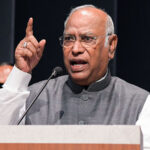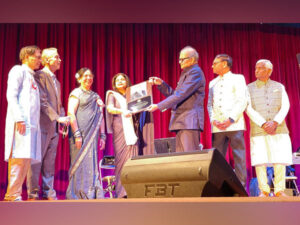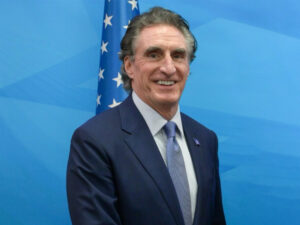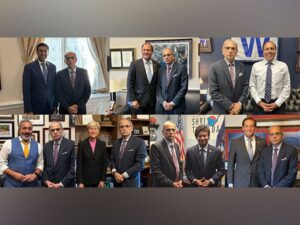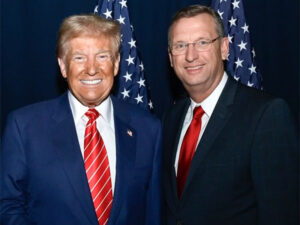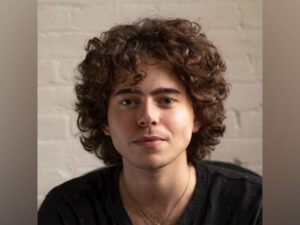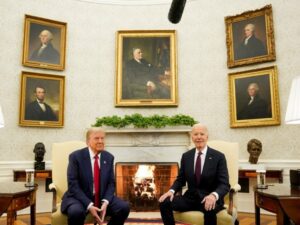
Washington DC [USA], July 22 (ANI): A US federal court has charged a Standford University visiting researcher for visa fraud after she allegedly concealed her membership in the Chinese military, South China Morning Post reported.
Song Chen was charged “in connection with a scheme to lie about her status as an active member of the People’s Republic of China’s military forces” while conducting medical research at Stanford, US Attorney David Anderson and Federal Bureau of Investigation (FBI) special agent John Bennett said in a Justice Department release on Monday.
As per the indictment, Song, in her US visa application submitted in 2018, said her military service ended in 2011, which conflicted with FBI evidence pointing to her status as an active duty member of civilian cadres of the People’s Liberation Army (PLA), according to the South China Morning Post.
The development comes amid the soaring China-US relations, where Washington has blamed Beijing over various issues including the handling of the COVID-19 pandemic and human rights violations in the western province of Xinjiang in China.
According to the court document, part of the evidence included a letter recovered from a deleted hard drive folder obtained in a seizure of Song’s items. The letter, in which Song identified herself by her name, birth date and occupation as a neurologist, was addressed to the Chinese consulate in New York.
Song said in the letter that “her stated employer, Beijing Xi Diaoyutai Hospital, is a false front, and that, as a result, she had obtained approval for her extension from both the PLA Air Force and [China’s Fourth Military Medical University (FMMU)]”, the court document said.
Another piece of evidence used by FBI was Song’s designation as a co-author of a 2018 study “in affiliation with the Air Force General Hospital on silent brain infarction experienced by flying personnel”.
In a similar incident, a Chinese military officer named Wang Xin was arrested in June while trying to leave the United States, allegedly with government-funded research from the University of California. He was charged with visa fraud.
According to an FBI criminal complaint, Wang holds a position in the PLA that “roughly corresponds with the level of major” and continues to be paid by the Chinese military, South China Morning Post reported.
In his 2018 visa application, Wang said that the purpose of his visit was to conduct scientific research at the University of California, according to the complaint, adding that “he intentionally made false statements about his military service in his visa application in order to increase the likelihood that he would receive his… visa”.
While applying for his US visa, Wang stated that he served as an associate professor in medicine in the PLA between 2002 to 2016, and wound up on a two-year postdoctoral fellowship at the University of California to study “the metabolic function of adipose tissue”, read the indictment.
Wang was instructed by his supervisor in China, a lab director at FMMU — the same institution which Song is allegedly affiliated with — to extract information on how to “replicate” the University of California lab where he conducted his research.
He had “wiped his personal phone of all WeChat messaging content” before arriving at the Los Angeles airport, the document said.
In May, the US announced restrictions on graduate students from China, targetting those “associated with entities in China that implement or support China’s Military-Civil Fusion (MCF) strategy, from using F or J visas to enter the US”.
In January, a Boston University robotics researcher, Ye Yanqing, was indicted after prosecutors said that she lied about being in the Chinese military. They said that Ye was a PLA lieutenant, which she did not disclose while obtaining a visa to enter the US.
Ye is accused of passing information to the Chinese government pertaining to research conducted at Boston University.
It is pertinent to mention that Song, Wang and Ye entered the US on J visas, a non-immigrant visa category for individuals approved to participate in work-and study-based exchange visitor programmes. (ANI)




